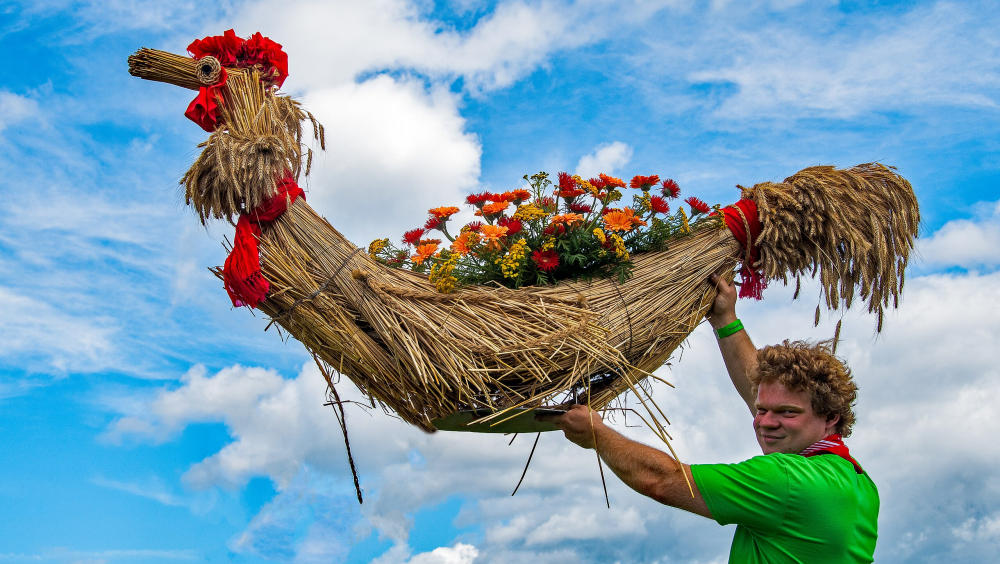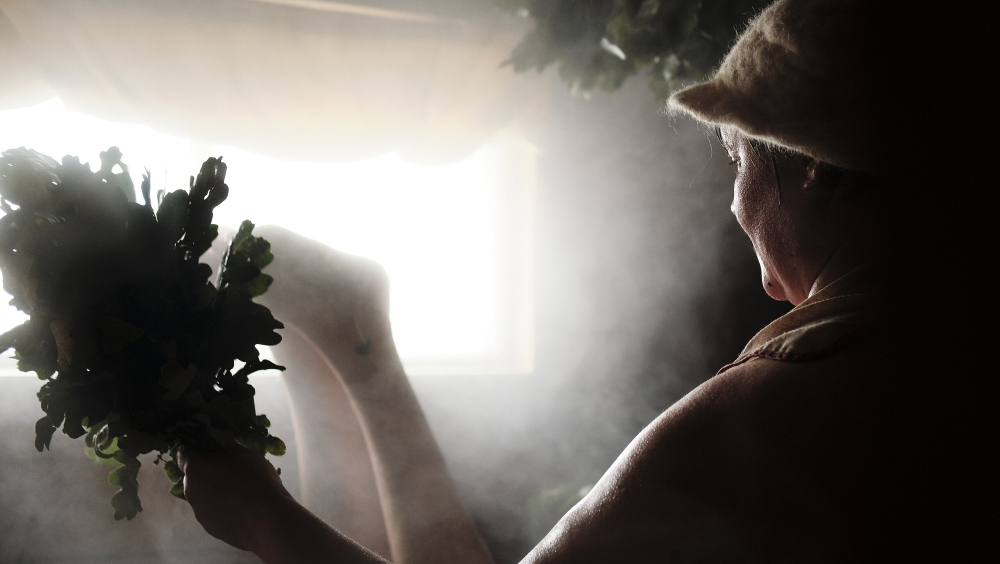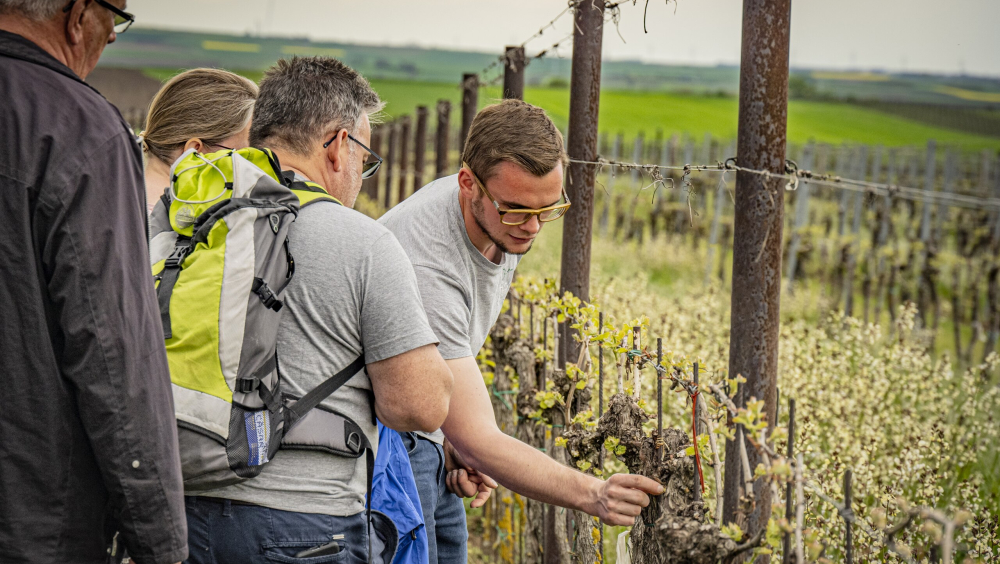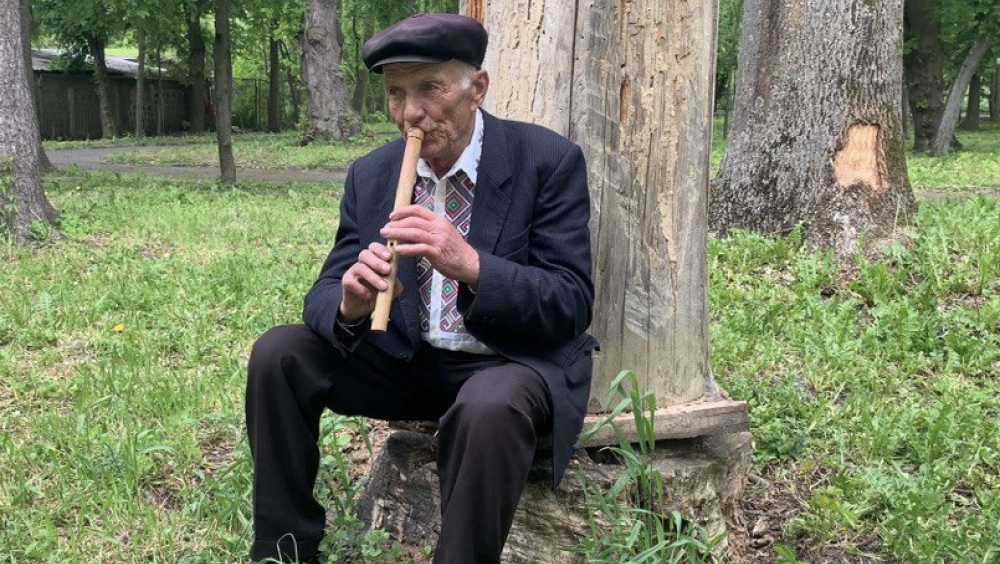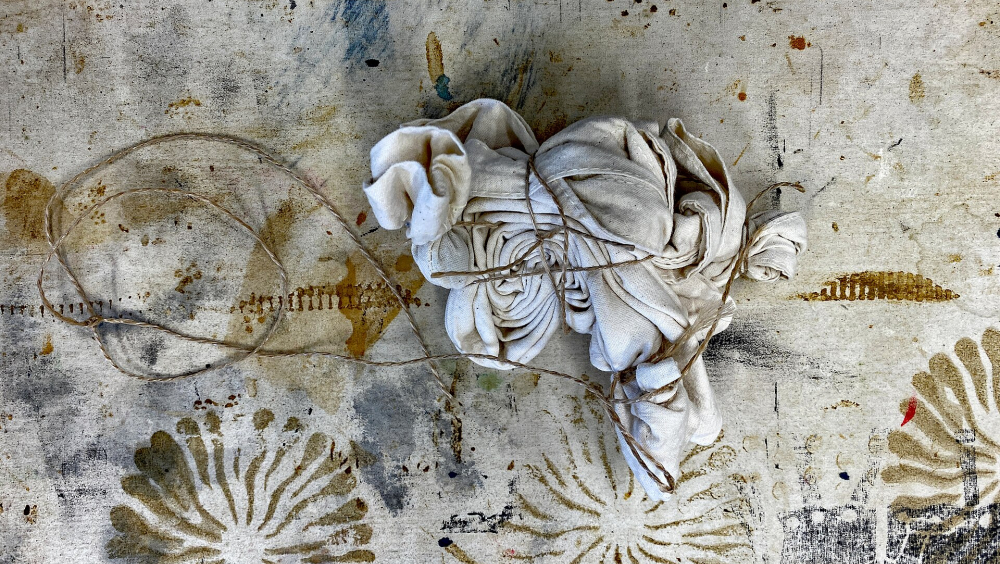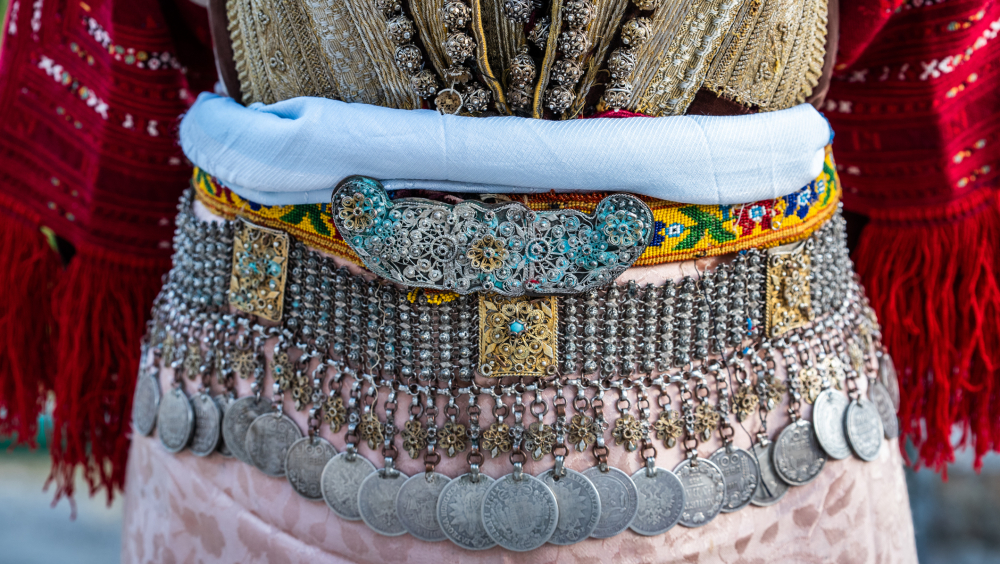Wiki Loves Living Heritage
The Wiki Loves Living Heritage campaign, launched in 2023 by AvoinGLAM and the European Network of Focal Points for the 2003 Convention, aimed to celebrate and safeguard living cultural heritage worldwide. Inspired by the success of the Wiki Loves Monuments contest, the campaign encouraged people to capture and share not just physical landmarks, but living traditions like crafts, dances, and oral stories. This global initiative aligned with the 20th anniversary of UNESCO’s Convention for Safeguarding Intangible Cultural Heritage.
The campaign saw diverse activities across the world: In Singapore, a photo contest highlighted both tangible and intangible heritage. In India, West Bengal Wikimedians transcribed and proofread a folk song on Wikisource, while Ghana’s contest raised awareness about the country’s endangered languages. Other initiatives included documenting indigo printing in Austria, graveyards in Germany, and living heritage in many more countries.
The European photo contest emphasized collaboration between heritage professionals and Wikimedia contributors. Museums and archives opened their resources, enabling the sharing of intangible cultural heritage on open platforms. Additionally, sharing the data in national inventories of living heritage started creating a global knowledge base, inspiring contributions and creating bridges across country borders.
An important aspect of the campaign was addressing the ethical challenges of sharing sensitive cultural heritage. The Ethics of Open Sharing card deck was introduced to help people navigate questions like how to respect cultural ownership and decide who should control the sharing of heritage. The campaign highlighted the need for responsible sharing while making cultural knowledge accessible to all.
Bet you’ve heard of Wikipedia, but did you know there are other Wikimedia projects too? Wikimedia contributors working with Wikimedia Commons for images and Wikidata for data arrange a wide array of activities with museums and other institutions, bringing heritage online for anyone to use and enjoy. No tickets, no closing hours, just endless discoveries waiting to be explored!
But not all heritage comes from institutions, it's all around us. Enter the Wiki Loves contests! The most famous of them, Wiki Loves Monuments, has been mobilizing photographers for more than a decade to take breathtaking pictures of important, protected buildings around the world.
However, we want to go beyond immobile objects and engage people in recording their living heritage and sharing it with everyone. In 2023, AvoinGLAM, a Finnish group advocating for open culture and the European Network of Focal Points for the 2003 Convention (ENFP) joined forces to create the Wiki Loves Living Heritage campaign to bring people together around the world to celebrate living heritage. Coinciding with the 20th anniversary of UNESCO's Convention for the Safeguarding of Intangible Cultural Heritage, the campaign invited everyone to capture and share their local heritage - whether it was a traditional craft, a dance, or an oral story. And whether it was photography or some other form of activity.
Local, European, and global
In Singapore, a photo contest invited people to take pictures of Singapore's tangible and intangible heritage and share them on Wikimedia Commons. The winners were awarded at the closing event of the annual celebration of Wikimedians, the Wikimania conference held in Singapore.
In India, the West Bengal Wikimedians did something quite different. They ran a contest on proofreading. The book, Gopichandra's Panchali, is one of the many folk songs related to king Gopichandra, who is said to rule the eastern part of Bengal region around 11th century AD. Thanks to the efforts of a productive wikimedian, the entire text was transcribed and proofread on Wikisource, which is yet another Wikimedia project. In 2024, the organizers ran the Wiki Loves Bangla photo contest for the first time, focusing on Bengal culture.
In Ghana, Wiki Loves Living Heritage highlighted the urgent need to safeguard the country’s approximately 81 native languages. Many of these are at risk due to the dominance of Akan and English in education and media. Languages like Ga-Dangme, Ewutu-Efutu, Nzema, and Adamorobe Sign Language face serious threats and call for immediate action.
In Norway and Sápmi a contest was encouraging wikimedians to work on anything about living heritage from uploading images to fixing Wikipedia articles. In Germany the focus was on graveyards while in Austria, wonderfully blue images were taken in the documentation project about indigo hand block printing in the Mühlviertel region. In Armenia, the coordinator of the local campaign was invited to the national television to talk about living heritage and contributing to the open platforms. In Macedonia, a wiki camp was organized.
The European-wide photo contest was organized by the ENFP. Unlike Wiki Loves contests usually, this initiative encouraged museums, archives, and heritage institutions to open up their visual resources and brought in professionals who work directly with intangible cultural heritage. Local competitions were arranged throughout Europe, and the winners competed in the European finals.
Data
Wikimedians are known to be very punctual, correcting typos in Wikipedia articles while others sleep, or bringing the heritage registries from different countries to Wikimedia projects for making lists. These lists are very helpful in giving directions to the volunteer photographers in the Wiki Loves campaigns. The buildings that have coordinates can also be put on a map and the photographers may go house-hunting with those maps.
This type of heritage inventories have also been gathered for living heritage in Wiki Loves Living Heritage. Think about pea soup, for example. Would you have ever known that it is officially listed in both Finland and the Netherlands as living heritage of the country? When more and more registers are shared, more and more people will bring their knowledge in the form of photos and recordings, writing Wikipedia articles or sharing references to further information sources. Sharing knowledge will build upon each other’s contributions and open up new perspectives to our shared culture.
Responsible sharing
You might have doubts about sharing information about vulnerable forms of heritage online. That is a valid concern, and we must continue to think about how we can get the benefits of open sharing without the risks of exploitation online. An exciting experiment, the Ethics of Open sharing card deck were created as part of the webinar Ethics of Open Sharing. The deck helps people think through the ethical challenges of sharing things like traditional stories, songs, or artwork that might be deeply important to local communities. Each card presents a scenario or dilemma such as, “Is this culture being shared with respect?” or “Who has the right to decide how this heritage is shared?” The card deck turns an important discussion into an engaging, hands-on experience.
The campaign was rooted in European collaborations, with the European Network of Focal Points for the 2003 Convention (ENFP) coordinating the activities together with AvoinGLAM, a Finnish group advocating for open access to cultural heritage. European Heritage Days partnered with the project and supported creating it.
A special event was organized for the coordinators of the European Heritage Days, Wiki Loves Living Heritage Bazaar Europe, to introduce the campaign and further opportunities to work with wikimedians. Working with wikimedians in the Wiki Loves Monuments campaigns is already a tradition.
In the webinar, Doug Rocks-Macqueen highlighted past collaborations with European Heritage Days in his presentation, Wiki Loves EHD. Gorana Gomirac shared insights on how Wikimedia Serbia is supporting the preservation of living heritage. Oleksandr Butsenko presented on intangible cultural heritage in Ukraine in 2023, while the Wiki Loves Living Heritage organizers Leena Marsio discussed the European and Finnish photo contests and Susanna Ånäs wrapped up the session by exploring the importance of living heritage data.
The campaign had a strong European contribution, but the Wikimedia projects aim to be global in nature. The global context is important, as it encourages us to consider our activities within the finite resources of a single planet and work toward a common understanding of our similarities rather than our differences.
